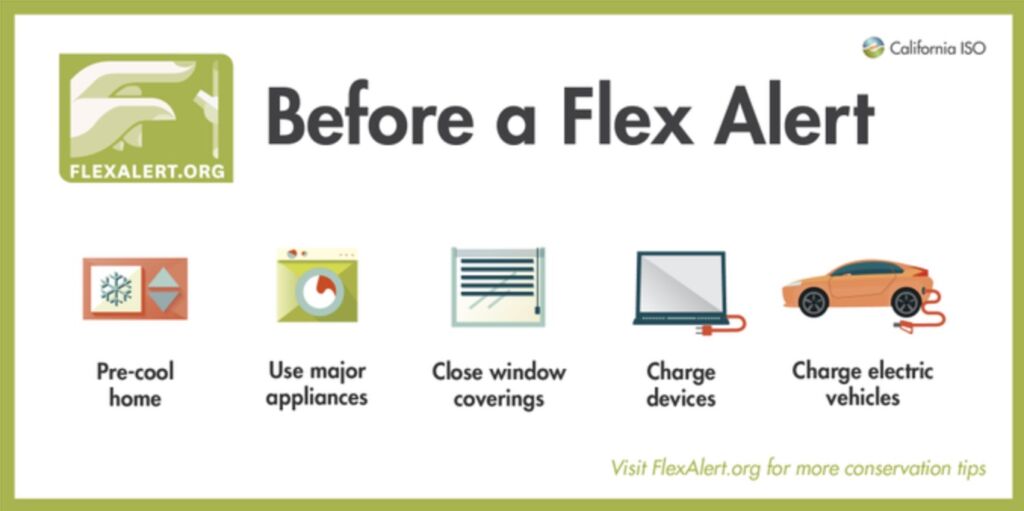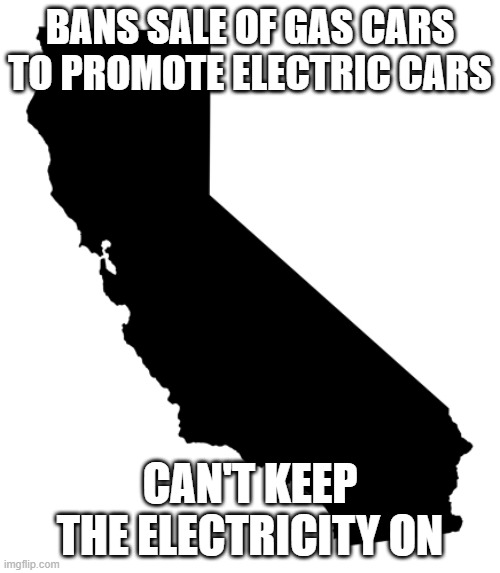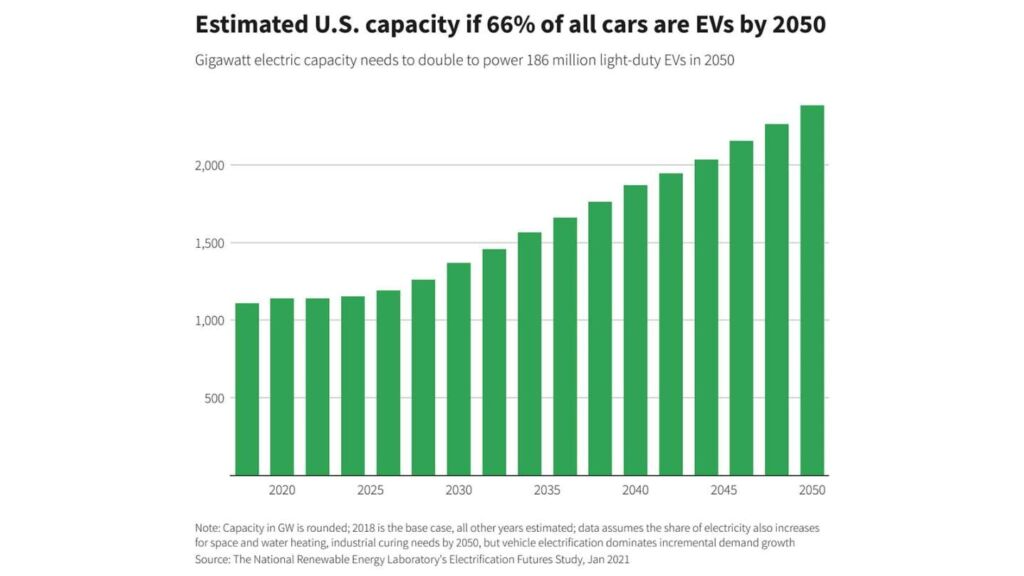California asks residents to charge electric cars before electricity shortage
On Monday, Center of the American Experiment detailed how California’s electric grid is already struggling to keep up with demand.
One facet of this story that deserves greater examination is the fact that California’s grid operator, the California Independent System Operator (CAISO), pleaded with Golden State residents to charge their electric vehicles (EVs) before electricity supplies were diminishing — due to the sun setting, rendering the state’s solar panels useless — to prevent rolling blackouts from occurring.

CAISO was careful to parse its words on EVs, though. Rather than telling people that they were forbidden from charging EVs during a Flex Alert, they simply encouraged people to charge before the solar panels were no longer useful.
There is no technical reason for CAISO to ask California residents to abstain from using their electric appliances, such as a clothes dryer while excluding EV charging from the list of things not to due during the Flex Alert.
This is especially true because many clothes dryers and electric vehicles run on the same 240-volt plug-ins. It doesn’t matter to the grid which device is consuming the electricity, but it would obviously have enormous political consequences if the grid operator asked EV owners not to charge their cars.
Either way, this is an embarrassing alert from a state that has vowed to outlaw the sale of new gasoline-powered cars by 2035 to boost the sale of electric vehicles. It also clearly demonstrates that liberal politicians have little understanding about how the grid works, despite their puffery about following “The Science.”

It turns out you need reliable sources of electricity to charge electric vehicles. In order to have reliable electricity, you need to depend on energy sources that work around the clock, like nuclear, natural gas, and coal-fired power plants.
Research from the National Renewable Energy Laboratory (NREL) shows that the amount of power plant capacity would need to be twice as high as it is today just to get 66 percent of cars on the road to be EVs.

Unfortunately, the Minnesota Pollution Control Agency buried their heads in the sand on this obvious problem while drafting regulations that would force Minnesota to obey California’s car regulations.
In fact, when American Experiment voiced their concerns about the impact of EVs on the reliability of the grid, MPCA simply stated that such concerns were “outside the scope” of its analysis. The reason this inconvenient fact was “outside the scope” is that it would have shown a bright light on what a bad idea mandating EVs on the grid truly is.
California politicians like to pretend they are fighting a climate crisis, but in reality, they are manufacturing an energy crisis. Time will tell how long they are able to blame their own bad planning on the weather.